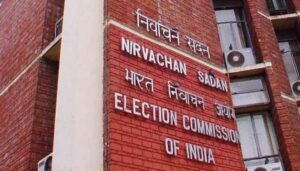
Madhubani: A shocking incident in Bihar’s Madhubani district has brought to light a disturbing alleged attempt by a local village council, or panchayat, to suppress a horrific crime. A 9th-grade student was allegedly gang-raped by four individuals, only for her family to be reportedly pressured to accept a sum of ₹1.5 lakh (approximately £1,400) to drop the case. This revelation underscores persistent concerns about parallel justice systems in rural India and their potential to deny victims proper recourse.
The victim recounted a terrifying ordeal that began on 14 July when, she claims, four young men forcibly abducted her at knifepoint from a paddy field. Her mouth was allegedly covered with a scarf before she was taken to a secluded spot near NH-27. There, she was reportedly subjected to a brutal gang rape before being abandoned on a village road. Traumatised, the girl managed to return home and inform her family of the assault.
Initially seeking justice within the traditional village framework, the victim’s mother lodged a complaint with the sarpanch’s (village head’s) court. However, their plea for justice reportedly fell on deaf ears. Despite the alleged perpetrators failing to appear when summoned, some members of the community convened a panchayat, where they allegedly proposed the payment of ₹1.5 lakh to the family in exchange for dropping the charges. This attempt to ‘hush up’ the matter was compounded by threats against the family’s lives when they resisted the offer.
Faced with this apparent denial of justice from the local council, the family turned to the formal legal system. A complaint was lodged with the Phulparas police station on Monday, leading to the swift arrest of two accused individuals, Rajesh Tatma (20) and Sudhir Mahato (22). Police station in-charge Pawan Kumar Singh confirmed that an FIR has been registered under the POCSO Act (Protection of Children from Sexual Offences Act), and investigations are ongoing. The case highlights the critical struggle for victims in rural areas to bypass informal community pressures and access the formal justice system.





